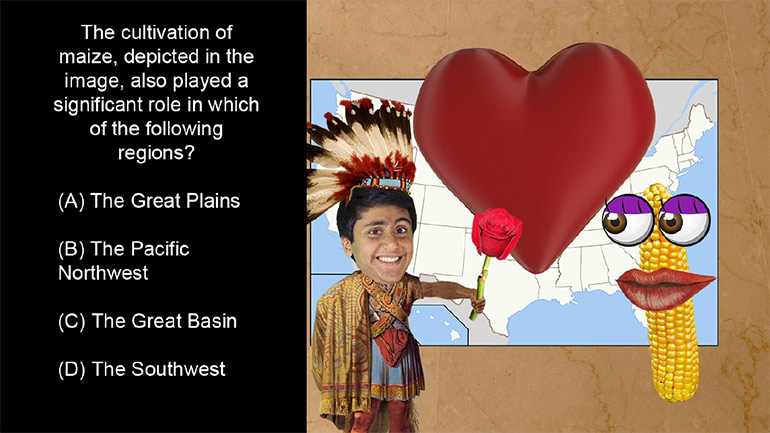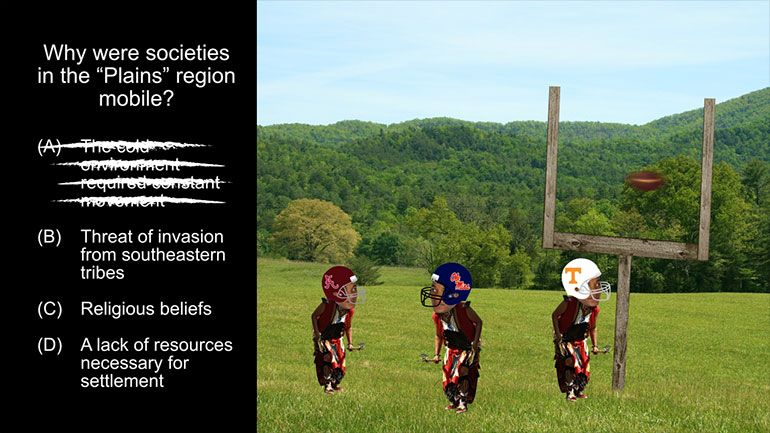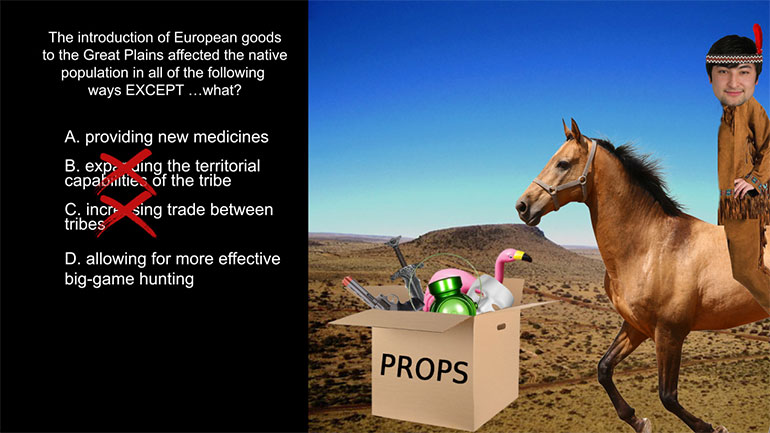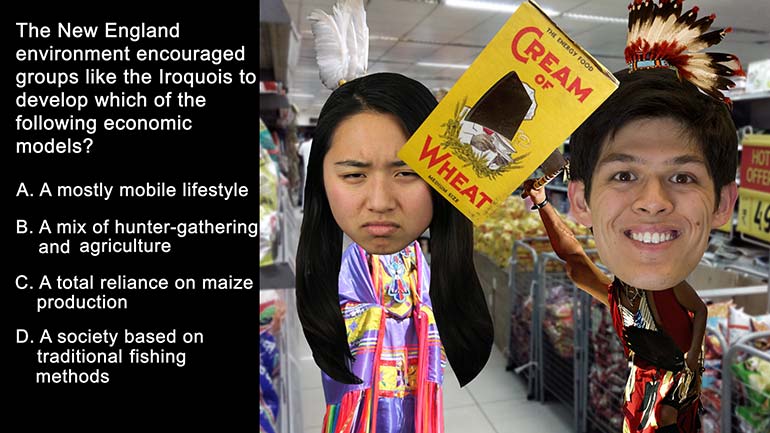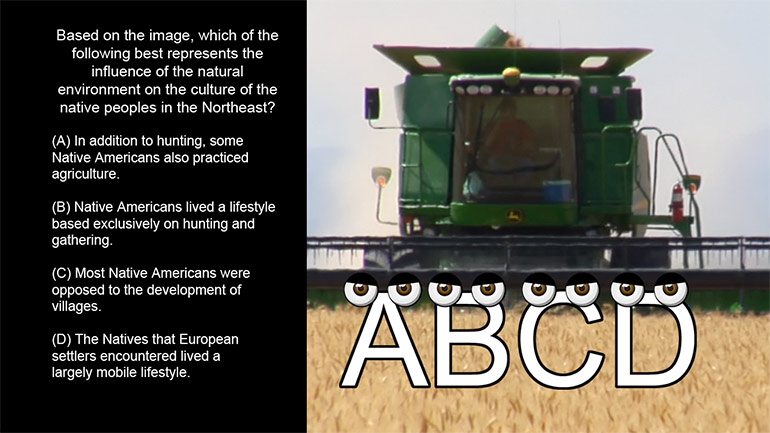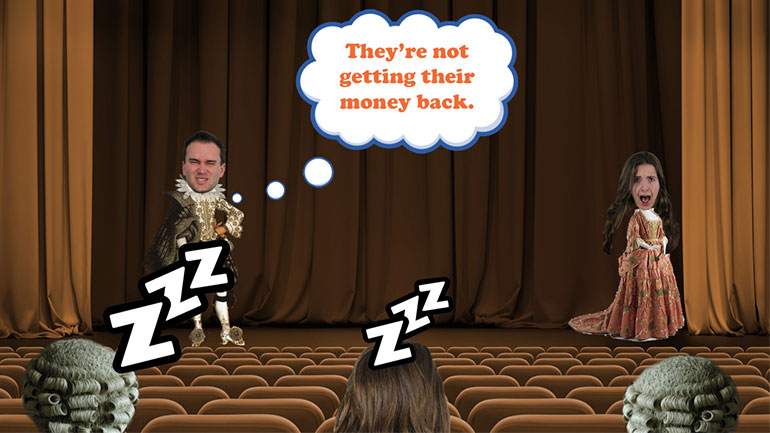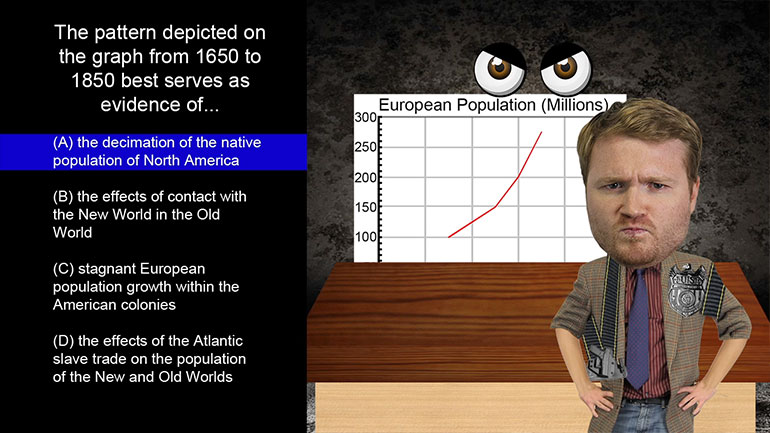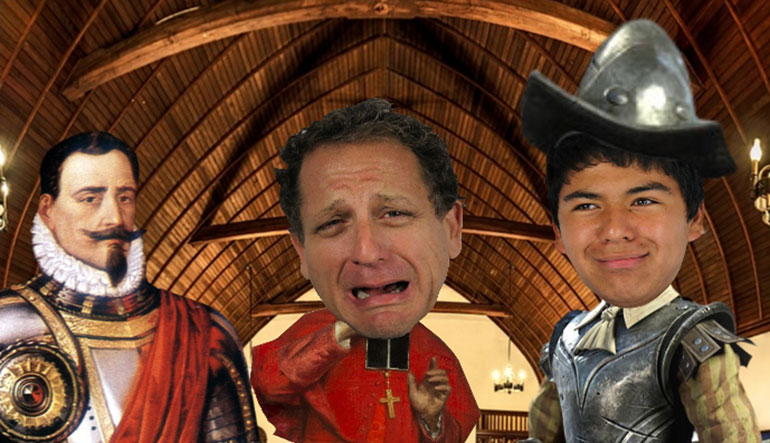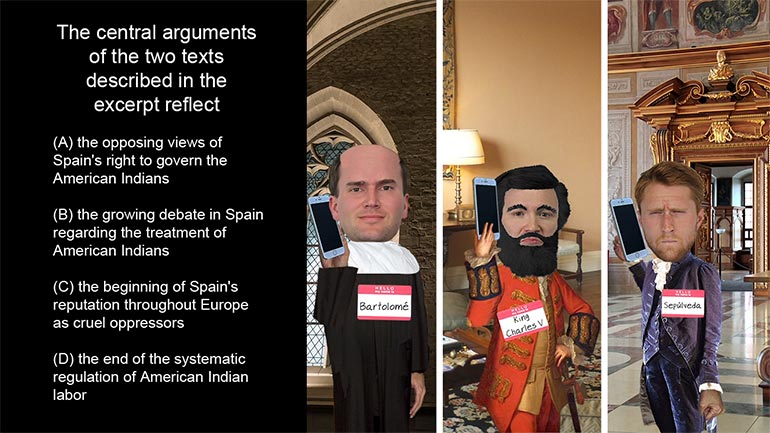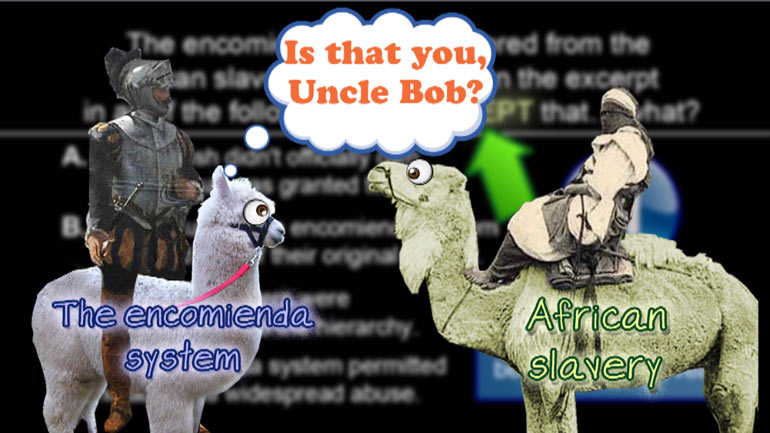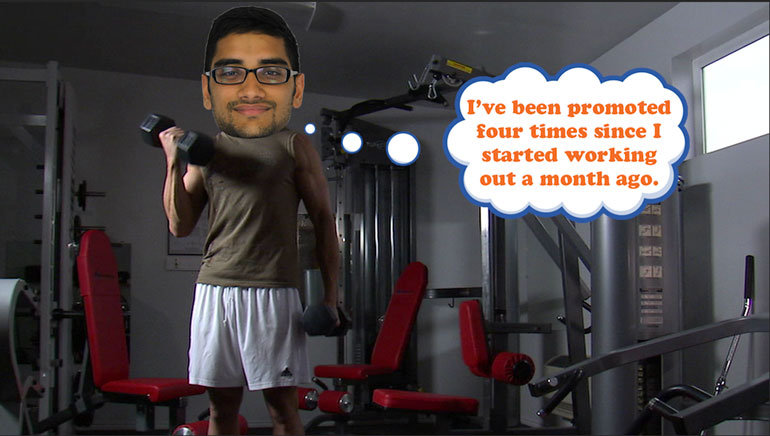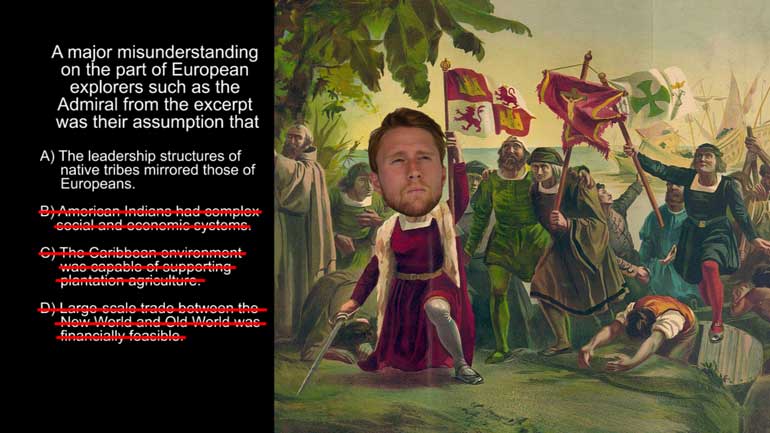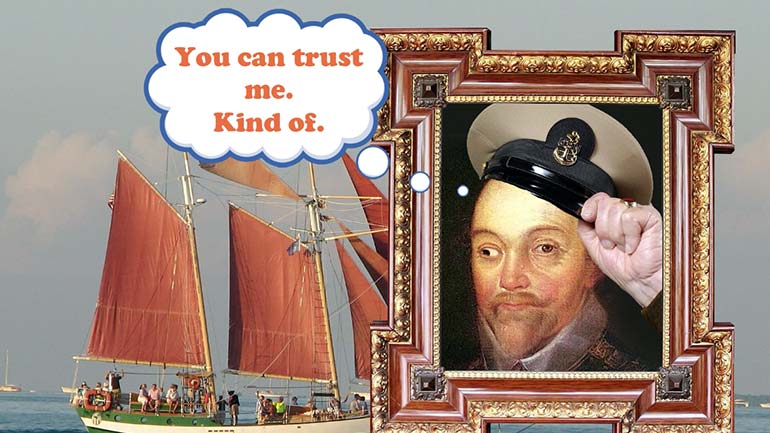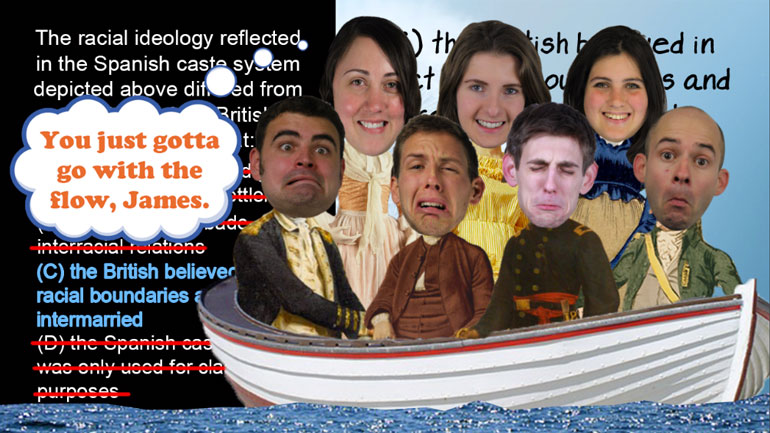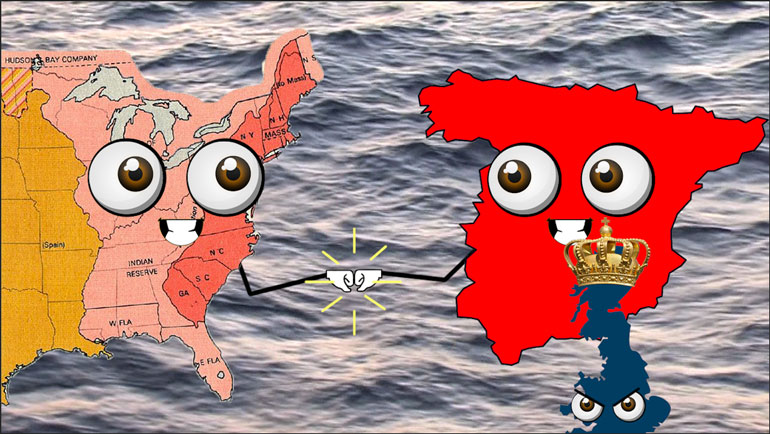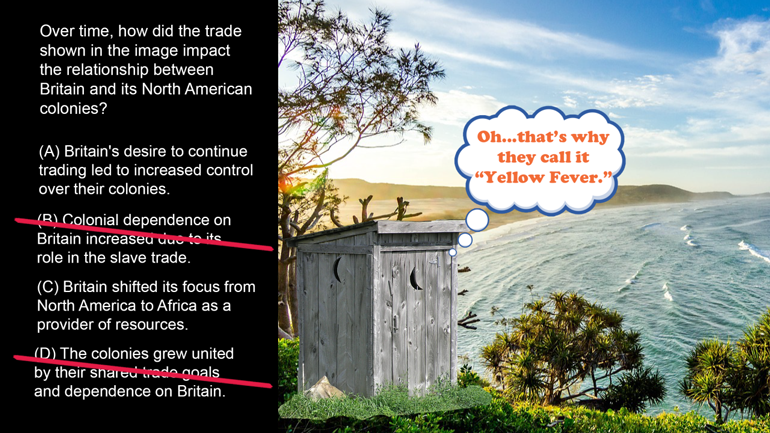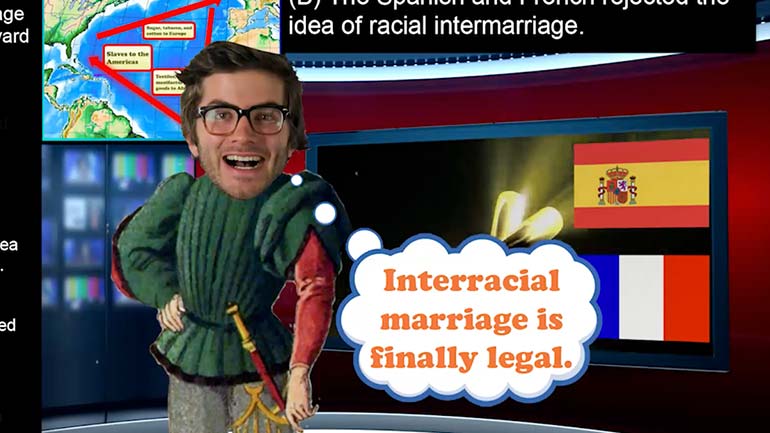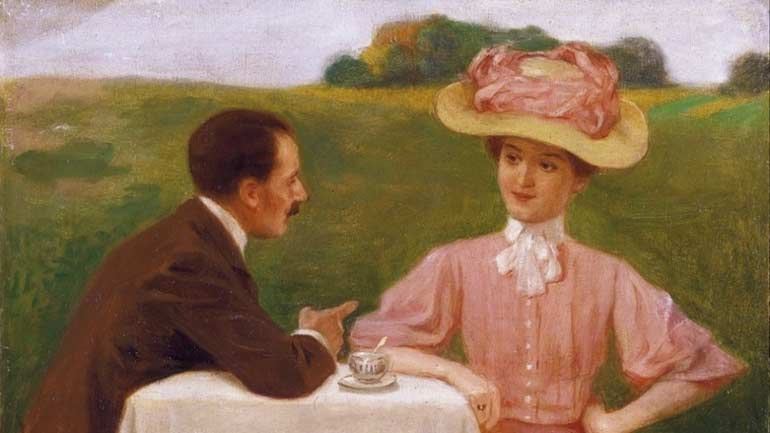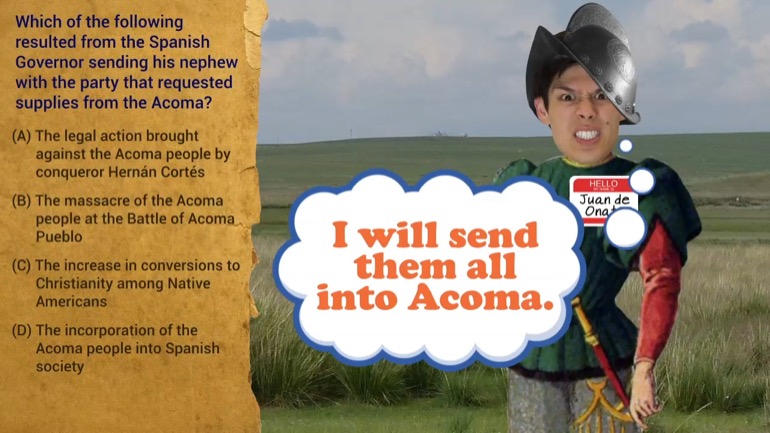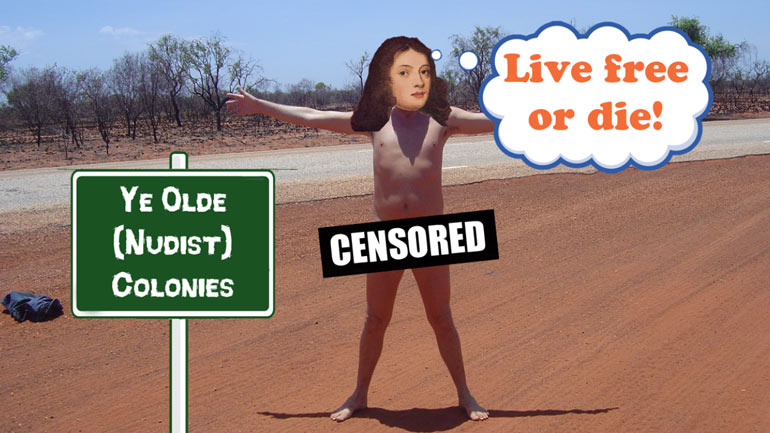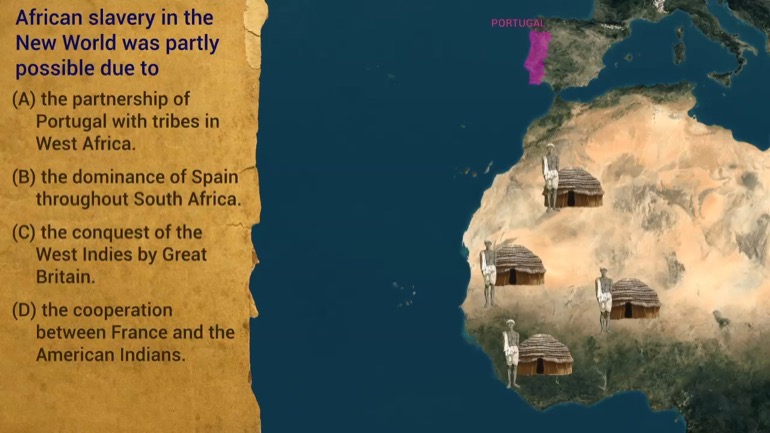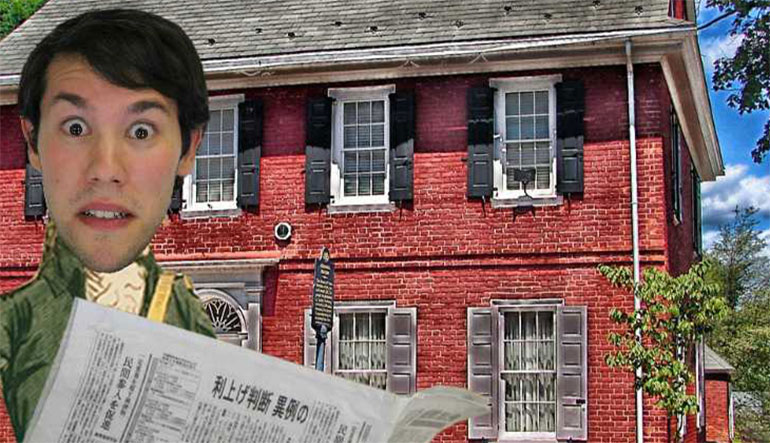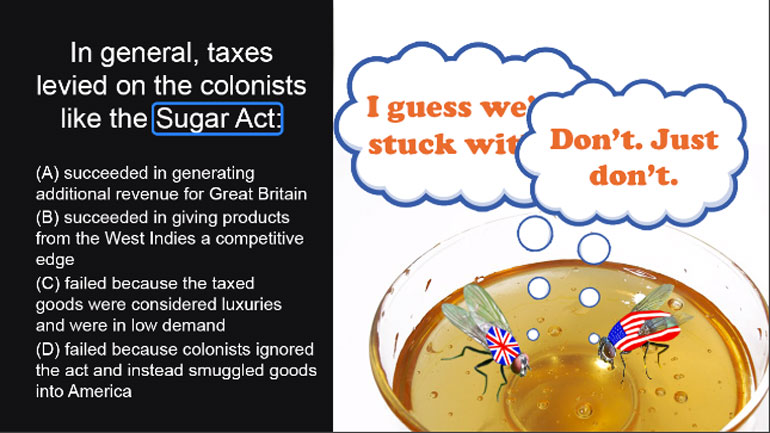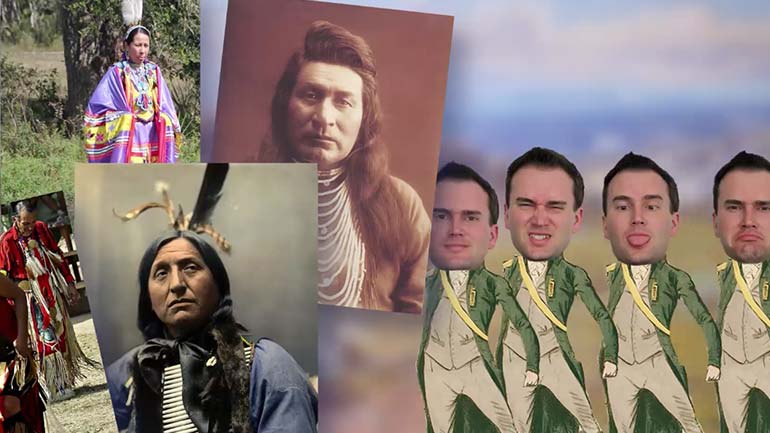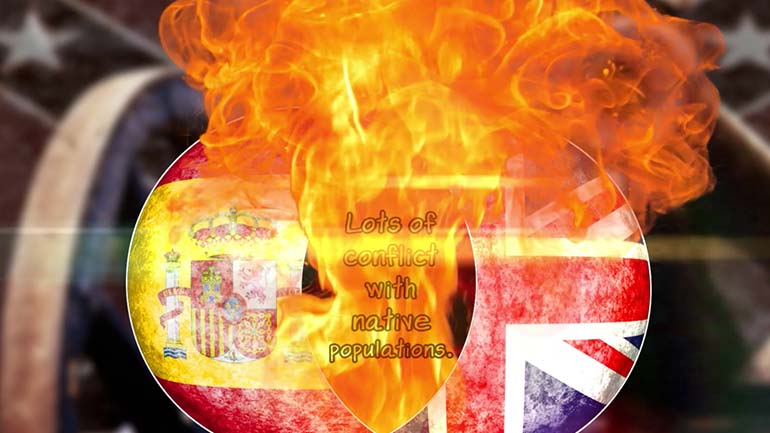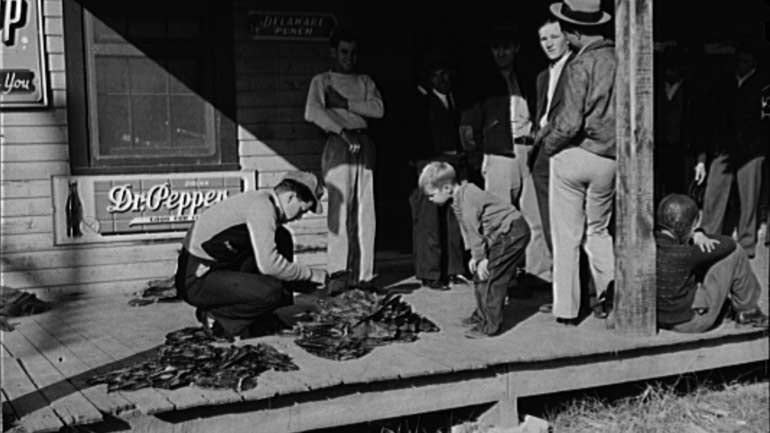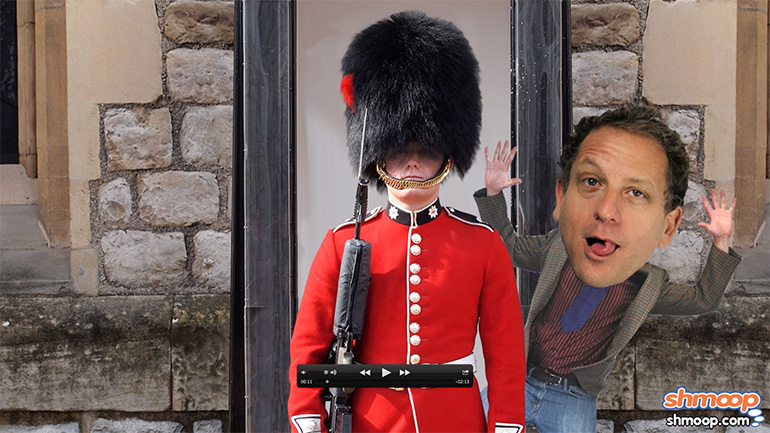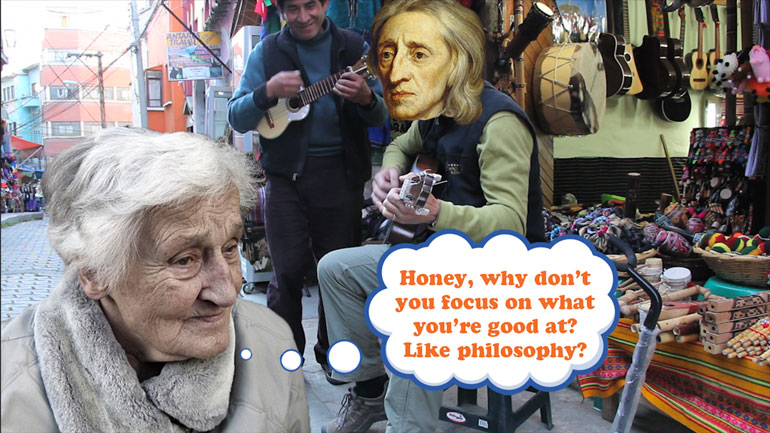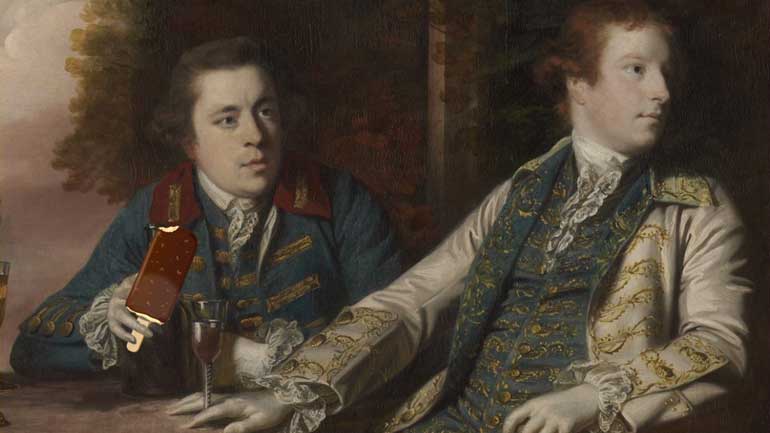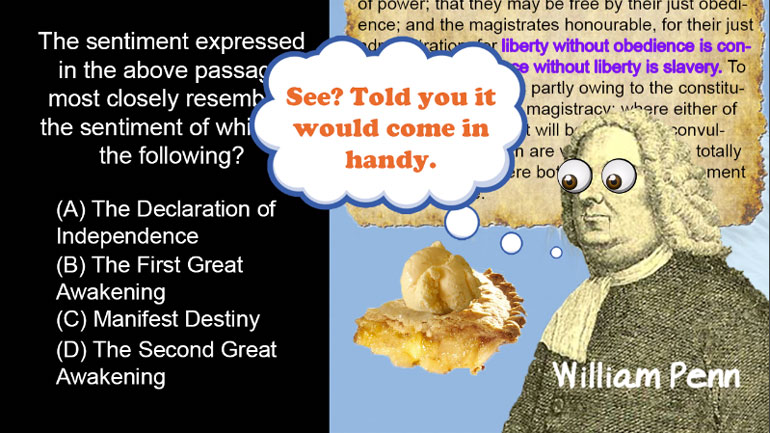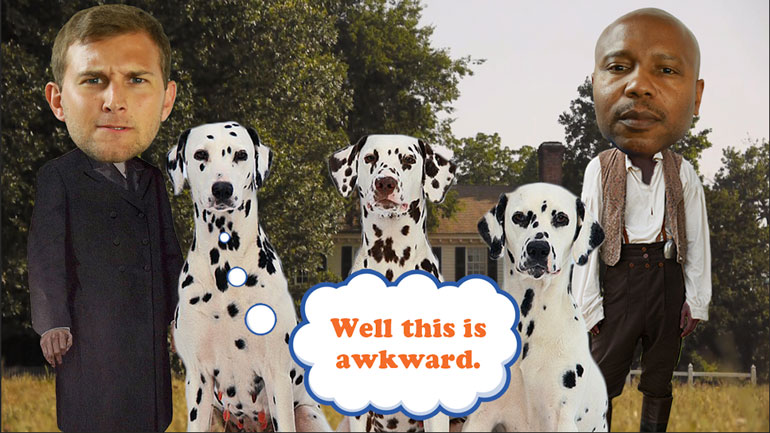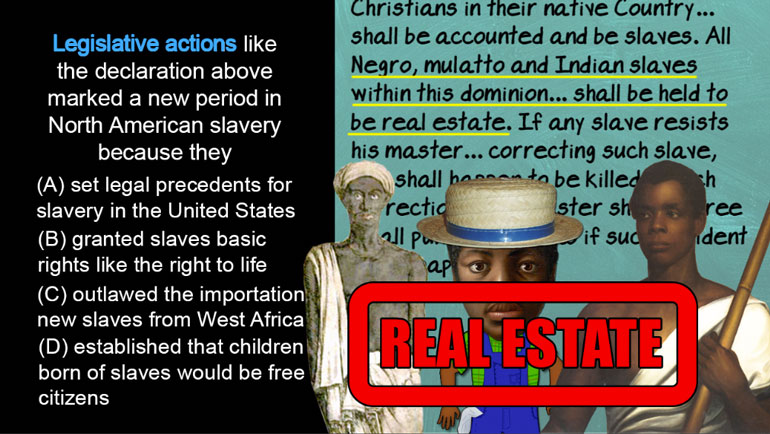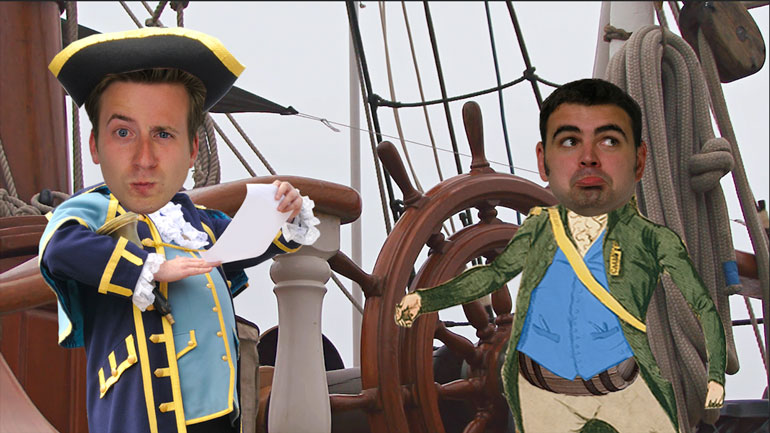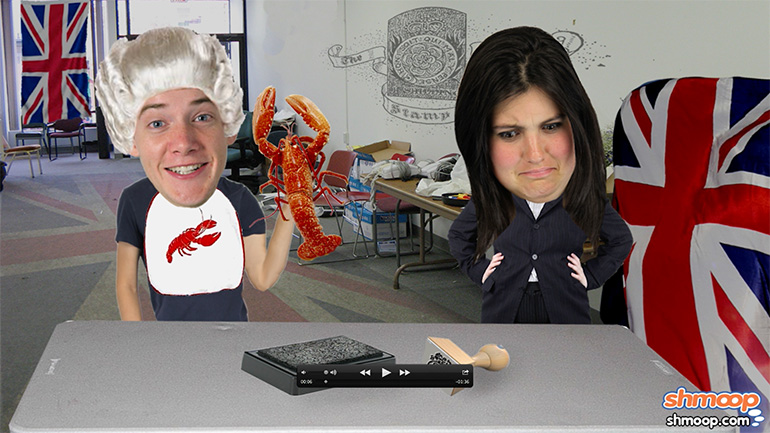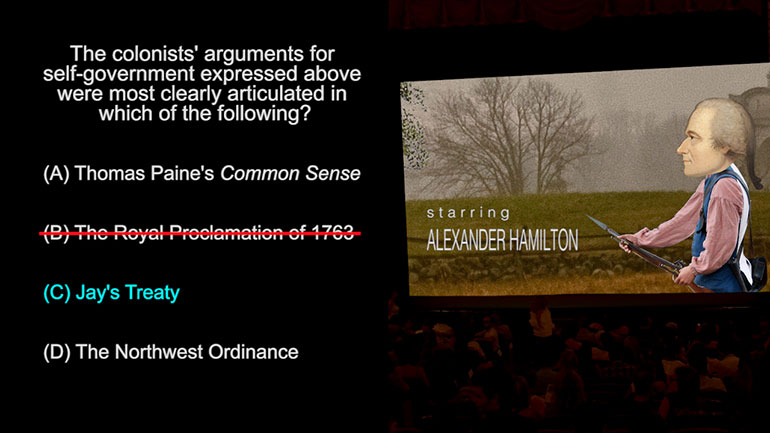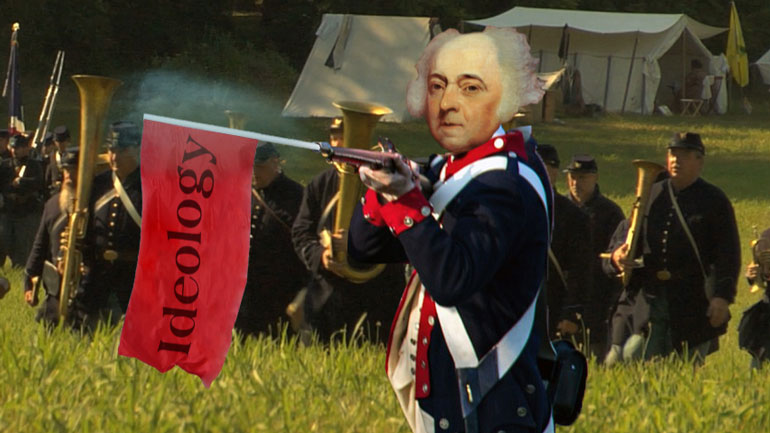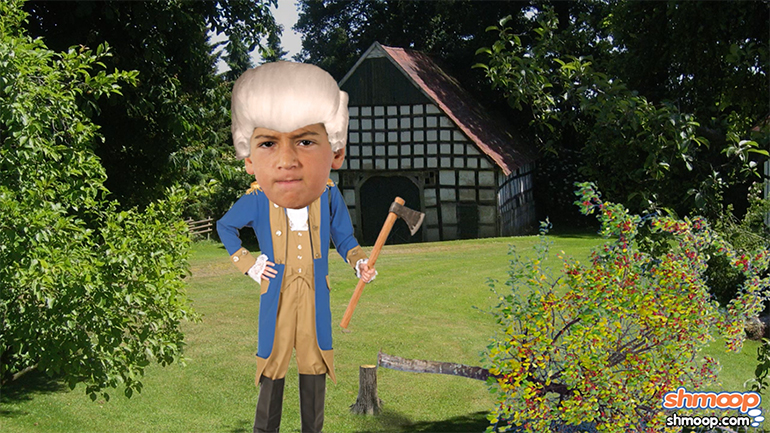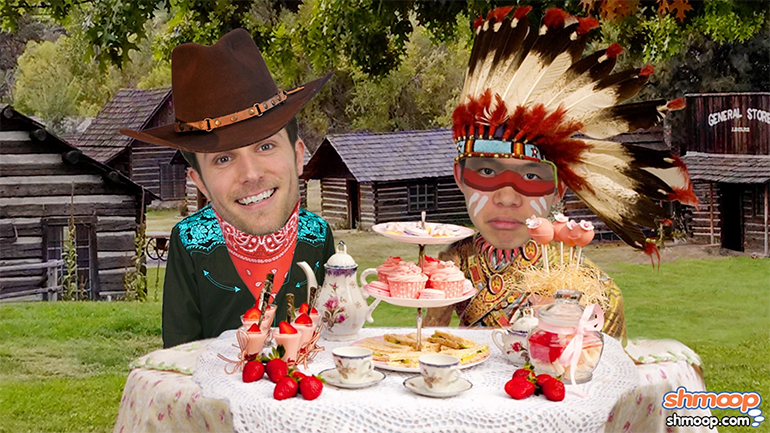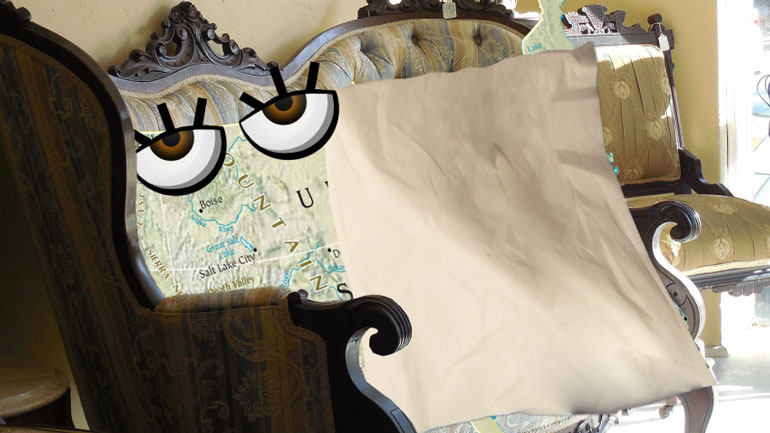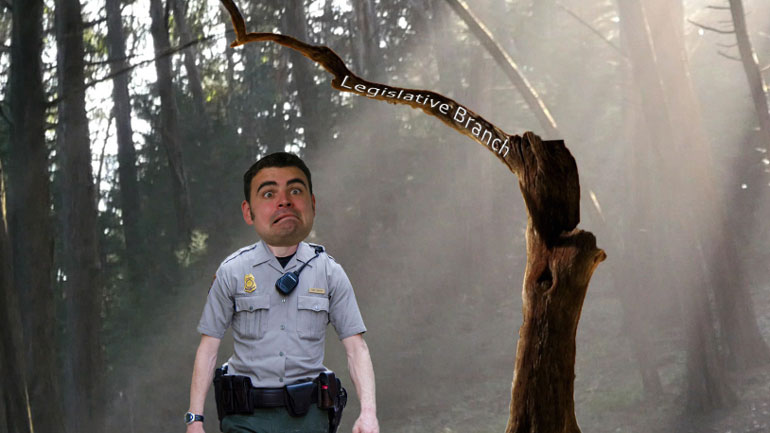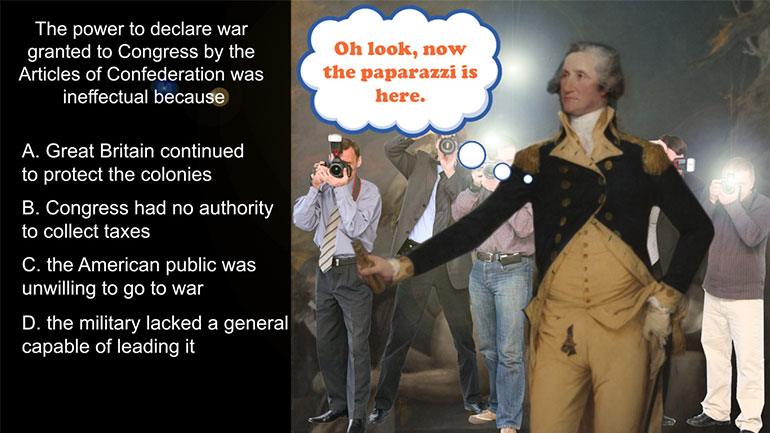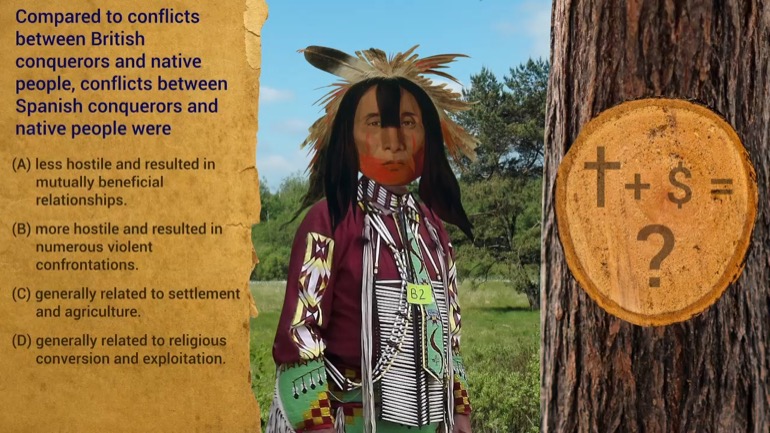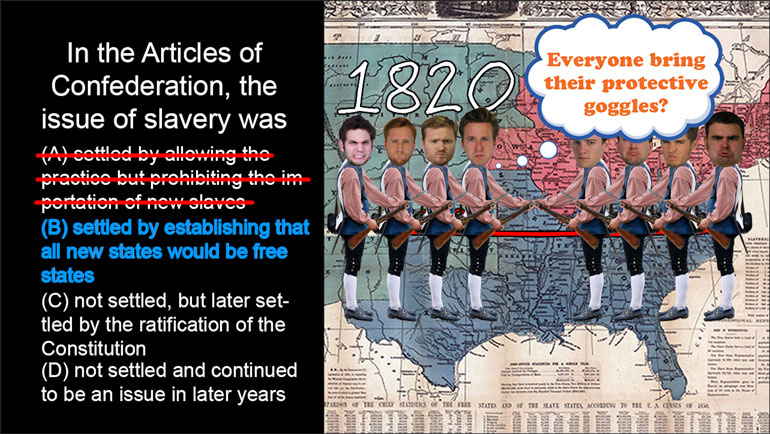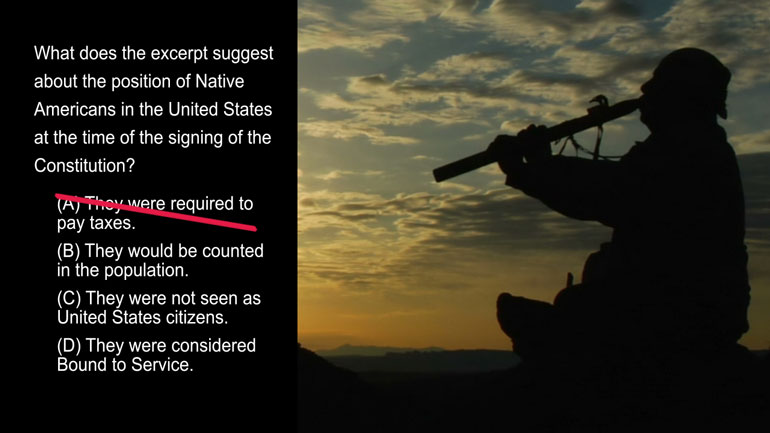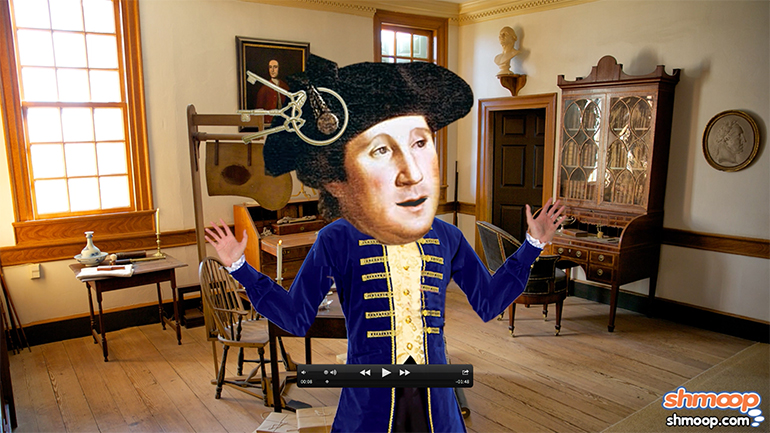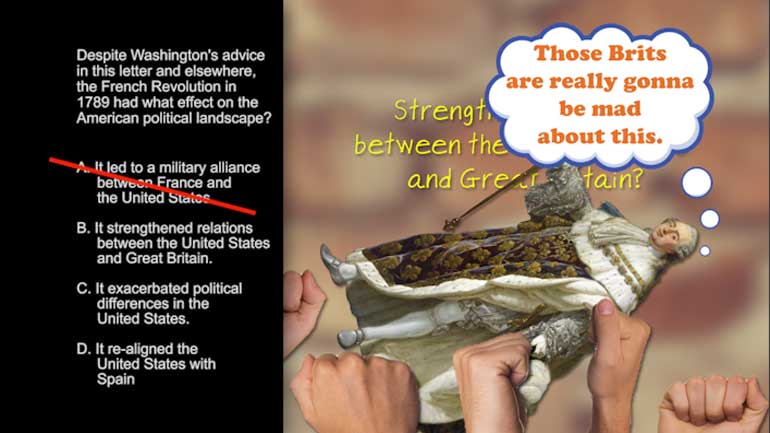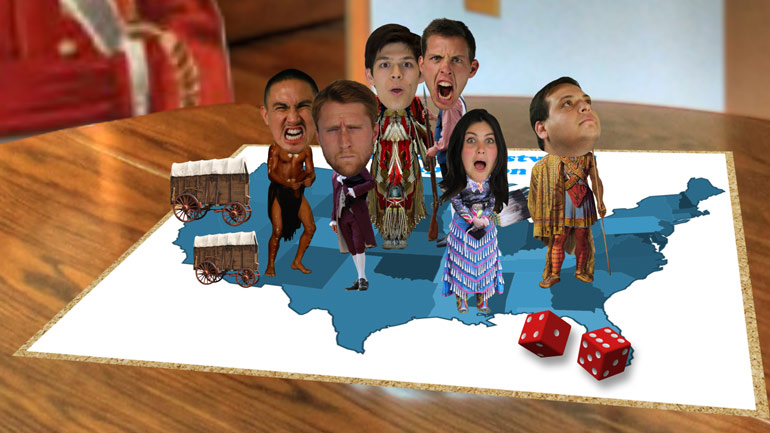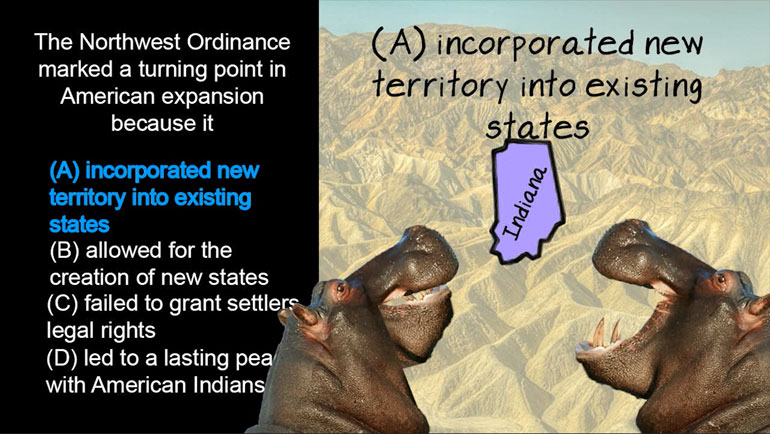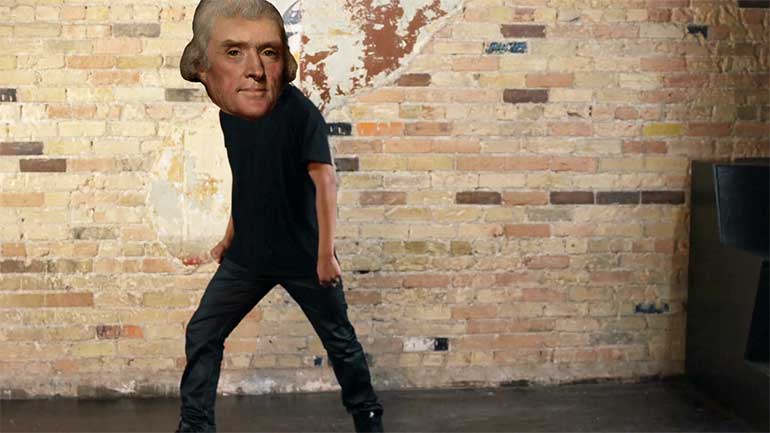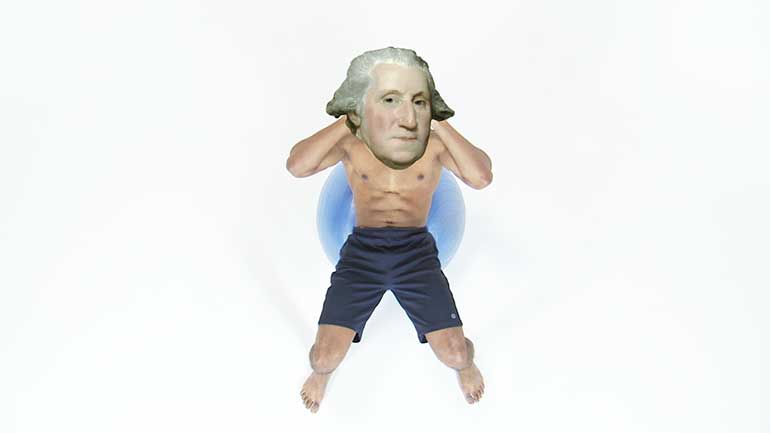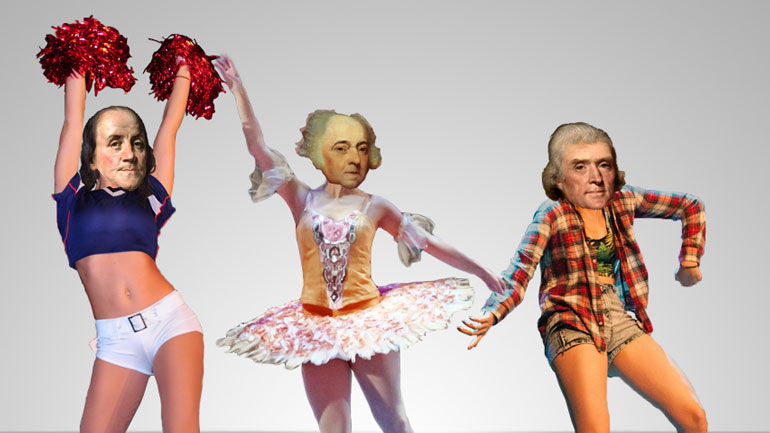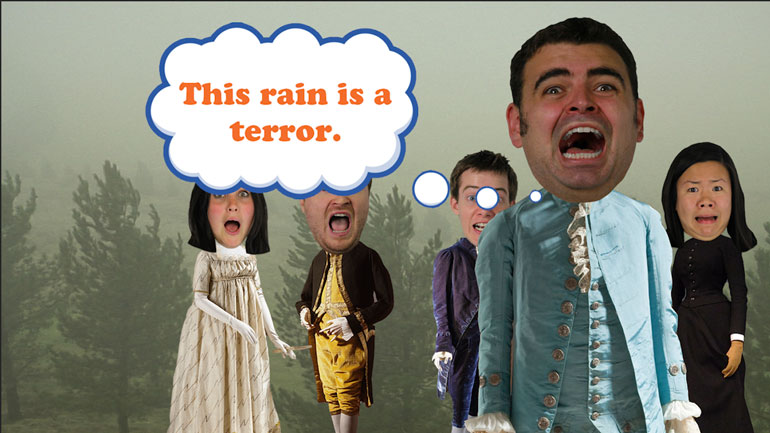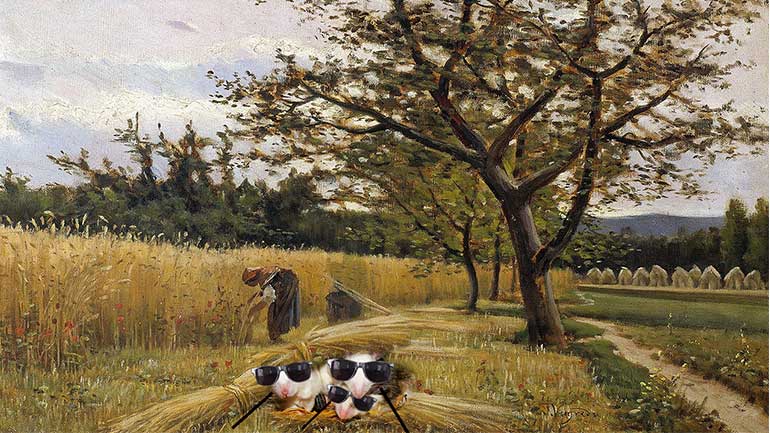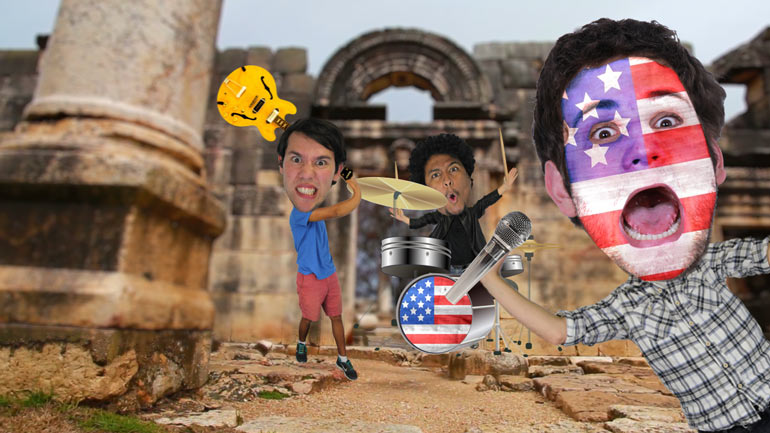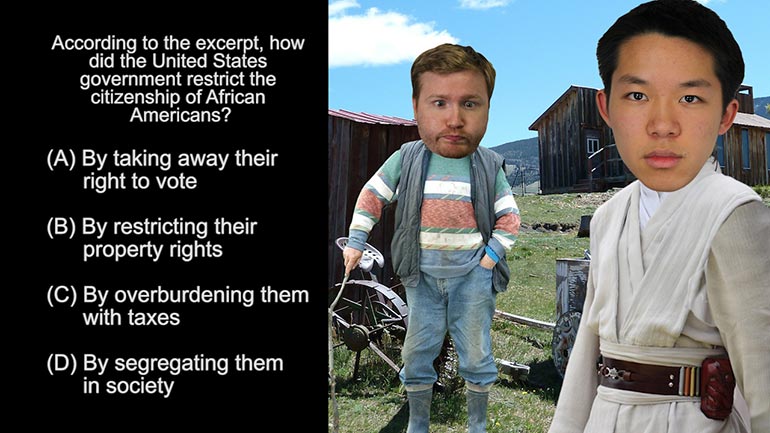ShmoopTube
Where Monty Python meets your 10th grade teacher.
Search Thousands of Shmoop Videos
AP U.S. History Videos 273 videos
Today's lesson: The Civil War. A war may be civil, but it's never pretty. Well, aside from the Pretty Pink Fairy Wars of '93...but no one seems to...
AP U.S. History Period 1: 1491-1607 Drill 3, Problem 2. The cultivation of maize, depicted in the image, also played a significant role in which of...
AP U.S. History Exam 2.2. Prior to European contact, why was it necessary for the societies of the "Plains" region on the map to live a mobile life...
AP U.S. History Exam 2.10 170 Views
Share It!
Description:
AP U.S. History Exam 2.10. What does the excerpt suggest about the movement for American independence?
- Early British Colonies / Rise of Self-Governance
- Evolving Political and Cultural Attitudes in the Colonies / Colonial Resistance to British Control
- The Colonial Independence Movement and the War for Independence / Growing Unity Among the Colonists
- The Colonial Independence Movement and the War for Independence / Basis of the Call for Resistance
- The Colonial Independence Movement and the War for Independence / Colonial Leadership and the Popular Movement
- The Colonial Independence Movement and the War for Independence / Support for the Patriot Movement
Transcript
- 00:00
No and here's your smug du jour brought to you
- 00:04
by independence movements A rebellion against choreographed dance Don't talk
- 00:10
to us about dance Actually don't off All right check
- 00:14
out the excerpt i neither those sort of a theater
- 00:20
poet john adam your dance all right done Reading good
Full Transcript
- 00:25
and the question What is the excerpt Suggest about the
- 00:28
movement for american independence and hear your potential answers All
- 00:35
right well by seventeen fifty for the colonists were pretty
- 00:38
fed up with unfair taxes which only added to their
- 00:41
growing appetite for independence That was this burgeoning movement for
- 00:45
american independence made up of a colonist willing to compromise
- 00:48
with parliament Quite the opposite right illness had no desire
- 00:52
to compromise with parliament especially because the british government was
- 00:55
determined to prevent them from gaining any measure of independence
- 00:58
Like it's rid of a indeed was the movement for
- 01:01
american independence notable because see few colonists were willing to
- 01:04
risk their freedom to join Well actually many colonists were
- 01:08
willing to risk their lives for independence particularly after the
- 01:11
british government started restricting their civil liberties as well with
- 01:14
liberty All right so if we clear away see that
- 01:18
means that movement for american independence must have been be
- 01:22
led by well known established elites So much of the
- 01:26
independence movement was made up of artisans and workers The
- 01:29
leaders and writers of key documents came from well known
- 01:33
elite educated families John adams the author of the excerpt
- 01:37
was a central figure in massachusetts lung before he cried
- 01:40
out against the boston massacre or join the continental Congress
- 01:44
So b is the right answer In fact many of
- 01:46
these elites went on to shape america's system of government
- 01:49
all but ensuring that wealthy cultured men with one's created 00:01:53.912 --> [endTime] equal wayne
Related Videos
Ever heard of a "living document"? They eat and breathe just like the rest of us! They even walk around on their own two legs. Okay, fine—maybe t...
If the Puritans had gotten their way, religion would play a much larger role in lawmaking these days. Want to know more? Watch the video for all th...
What happened between the creation of the Articles of Confederation and the ratification of the current U.S. Constitution? This video analyzes the...
The Modernists thought the world had a lot of problems, and they were intent on fixing them—or at least talking about fixing them. Unfortunately,...
This video explains Federalism and the quest for a fair balance between state and national power. It covers the progression and compromises of Fede...

